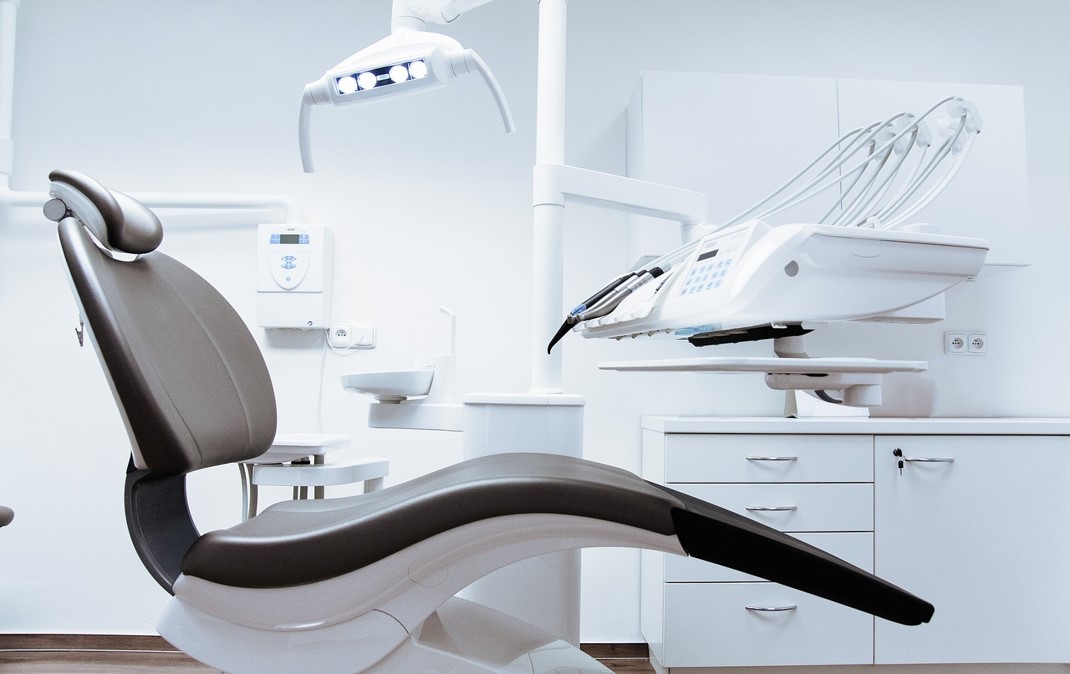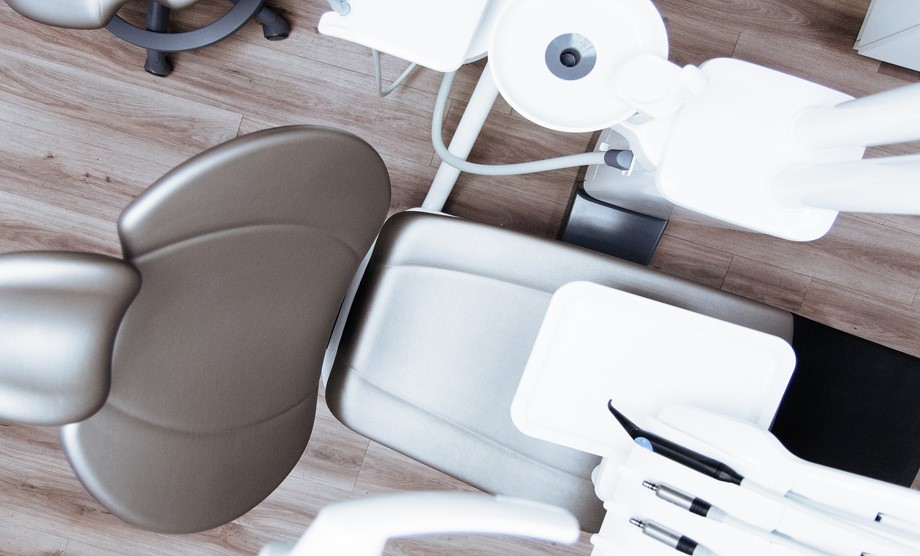
Image Source: https://www.shutterstock.com/search/dentist-chair
Sometimes it can be hard to know when it is necessary to visit a dentist, and delaying appointments until there is pain or concerns arise can lead to problems that worsen over time.
Regular dental checkups can help protect against issues and keep your oral health in great shape, but how can you tell it’s time to make an appointment? Here are a few indicators it might be time for an appointment:
1. Toothache
Signs of pain in the mouth could indicate tooth decay or other dental problems, and should never be ignored; rather, seek medical help immediately.
Tooth decay is the leading cause of toothache and left untreated can worsen rapidly. Therefore, it’s crucial that you regularly brush, floss and have professional dental cleanings performed in order to avoid cavities which could eventually lead to more serious dental health issues such as an abscess.
Dental abscesses (https://www.medicalnewstoday.com/articles/170136) are painful pockets of pus caused by infections near or in a tooth, or around its base in jaw bone or tissue surrounding it. Should this infection spread further, life-threatening consequences could ensue, so it’s best to seek dental advice immediately for treatment.
Your dentist will begin by discussing your symptoms and conducting a physical examination of the face, mouth and teeth. In most instances, an X-ray will be taken of the affected area to look for signs of cavities or other issues; other X-rays, such as periapical or panoramic X-rays may also be necessary in order to pinpoint its source of discomfort.
2. Bad Breath
Bad breath (halitosis) can be embarrassing and self-consciousness inducing, making you self-conscious about who you are. Bad breath should be treated as an indication that oral hygiene needs improving, and you should visit both a dentist and physician as soon as possible. Bad breath could also be indicative of certain health conditions like gum disease and diabetes.
Most often, poor oral hygiene and not brushing or flossing regularly are to blame for bad breath. Food debris becomes lodged between your teeth and an invisible, colorless build-up of bacteria known as plaque forms on their surfaces, leading to tooth decay and gum disease if left untreated which is one of the top reasons to visit a general dentist for most. Furthermore, dirty tongues and tonsils may contribute to an abundance of odor-producing bacteria, while dentures or fixed dental appliances may trap food debris that causes bad breath as well as produce an unpleasant odor.
Halitosis can also result from not producing enough saliva to keep your mouth clean and reduce odor, known as dry mouth (xerostomia). This condition can be brought on by age, certain medications, salivary gland problems or sleeping with your mouth open during sleep; other potential factors could include high blood pressure or diabetes as well, but click below and make an appointment instead of worrying:
3. Tingling or Numbness
Tingling or numbness may seem like minor bother, but they could be telling signs that something’s amiss in your body. Tingling and numbness are symptoms of nerve issues which can have severe implications if left untreated.
If the numbness in one side of your body persists for more than 24 hours or starts in your arms or legs and spreads throughout the rest, this condition should be evaluated immediately as peripheral neuropathy could be to blame. Luckily, this condition can often be treated successfully; many sufferers recover in time.
Lack of blood can also contribute to tingling and numbness in an affected area. This could be indicative of atherosclerosis or Raynaud’s phenomenon in your vascular system; or herniated discs in your spine causing spinal issues that require medical treatment as well as lifestyle adjustments or physical therapy therapy for treatment.

Image Source: https://emergencydentistgrandprairie.com/can-i-return-to-my-regular-dentist-for-follow-up-care-or-should-i-stay-with-the-emergency-dentist/
4. Gum Pain
Swollen gums can be an indicator of many dental issues. Gingivitis infection or medication side effects could be to blame; or hormonal shifts during puberty, pregnancy and menopause could cause inflammation as well as sore gums which indicate jaw injuries or indicate abscess formation.
Gingivitis is one of the leading causes of gum pain, and can be treated through regular dental visits and practicing good oral hygiene practices – such as twice-daily brushing and flossing, as well as using mouth rinses containing chlorhexidine (which you can read more about by clicking here) or half-strength hydrogen peroxide mouthwashes. Furthermore, quitting smoking can also help protect against gingivitis or any other dental infections.
Other causes of gum pain could include viral infections like oral herpes or HIV, vitamin C deficiency (scurvy), and hormonal fluctuations caused by puberty, pregnancy or menopause. If your sore in the gum is accompanied by other symptoms it should be assessed immediately by medical personnel to avoid an infection or complications from developing.
5. Bad Taste
If you find that an unfamiliar taste remains in your mouth for an extended period, this could be a telltale sign of oral or health issues. Tooth decay, gum disease or another serious medical issue might be to blame; dysgeusia (bad taste), also known as dysgeusia is commonly linked with gastroesophageal reflux disease (https://medlineplus.gov/ency/article/000265.htm), salivary gland infections, sinusitis, poor dental hygiene practices or certain medications or vitamin deficiencies that cause it.
If the taste persists, make an appointment with your dentist or medical provider who can identify its source and recommend solutions that best address it.
Causes of an unpleasant mouth taste may include gingivitis, dry mouth (xerostomia), acid reflux and nutritional deficiencies. You can avoid these issues by regularly brushing and flossing as well as drinking plenty of water and using an antibacterial mouthwash formula. Furthermore, visit your dentist regularly for cleanings and checkups.



Facebook Comments